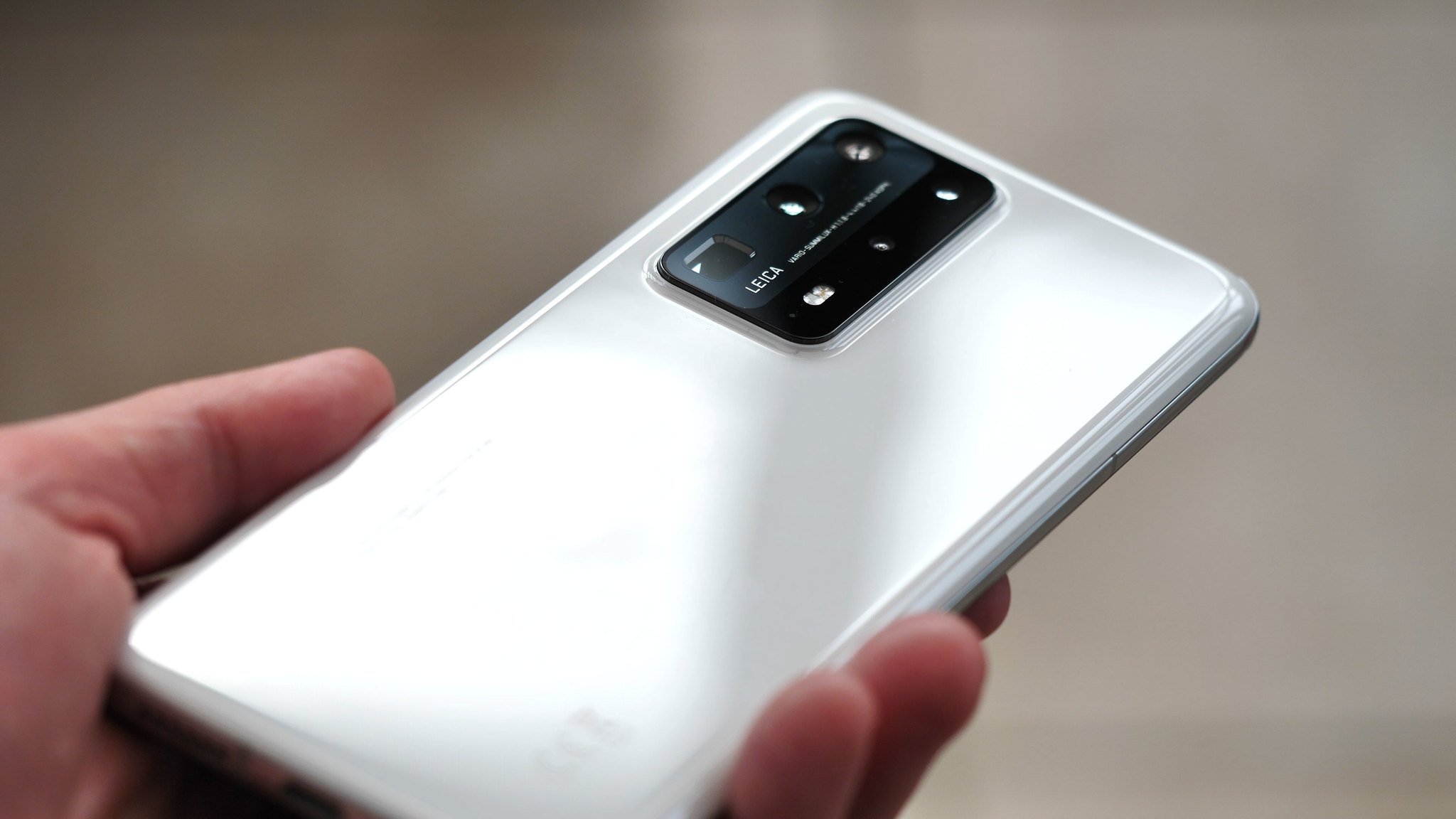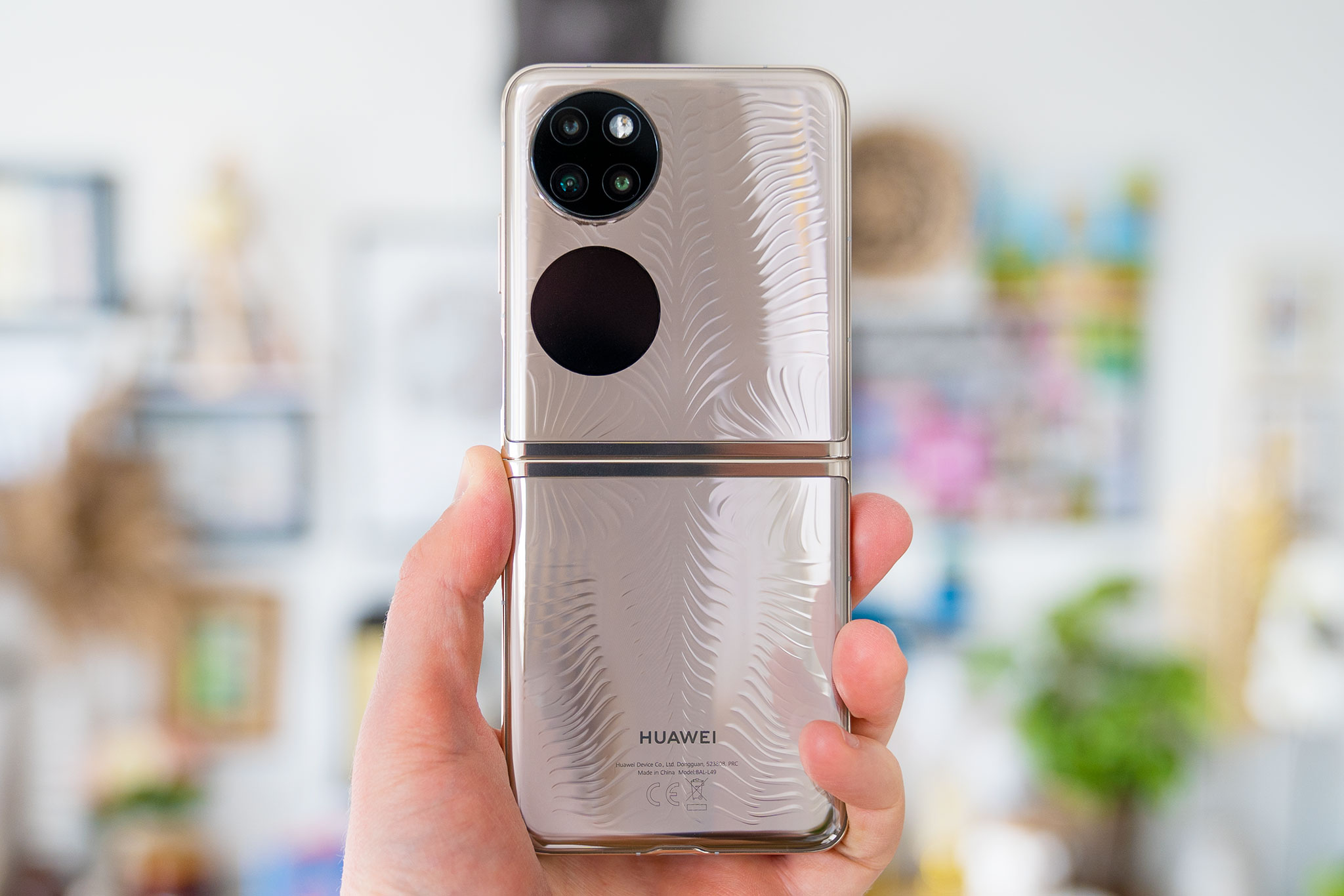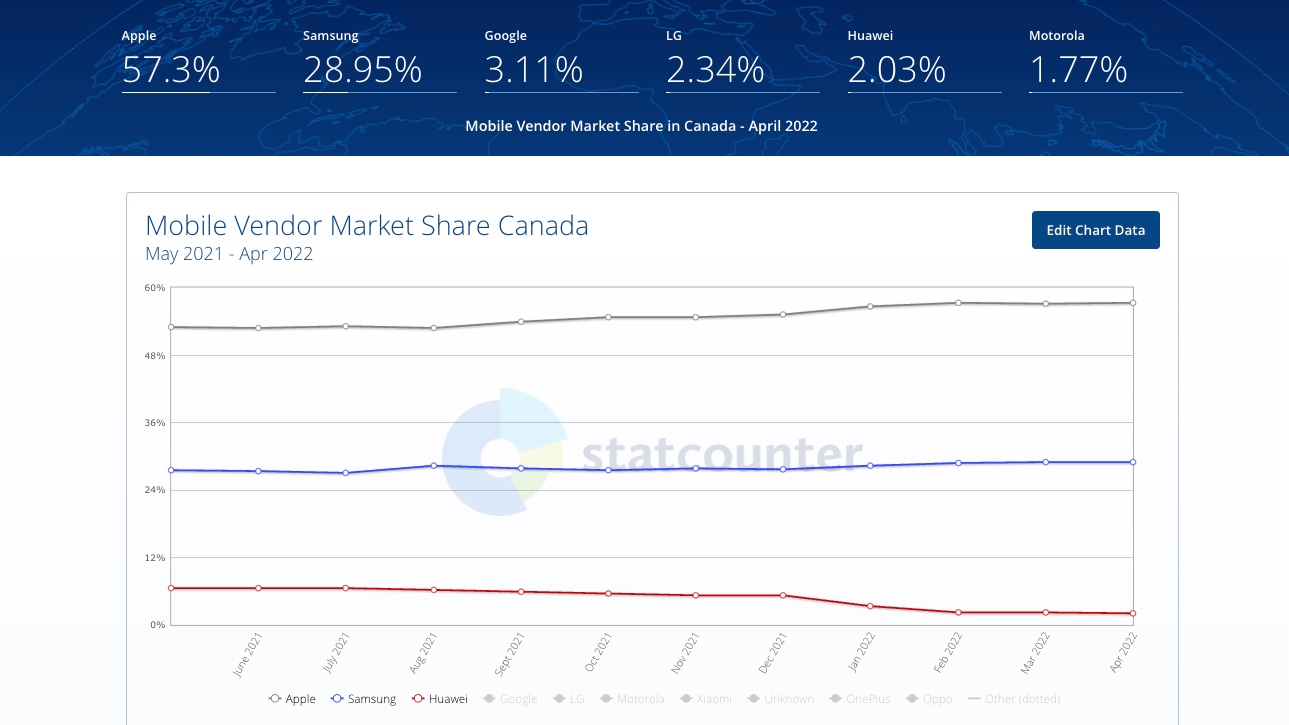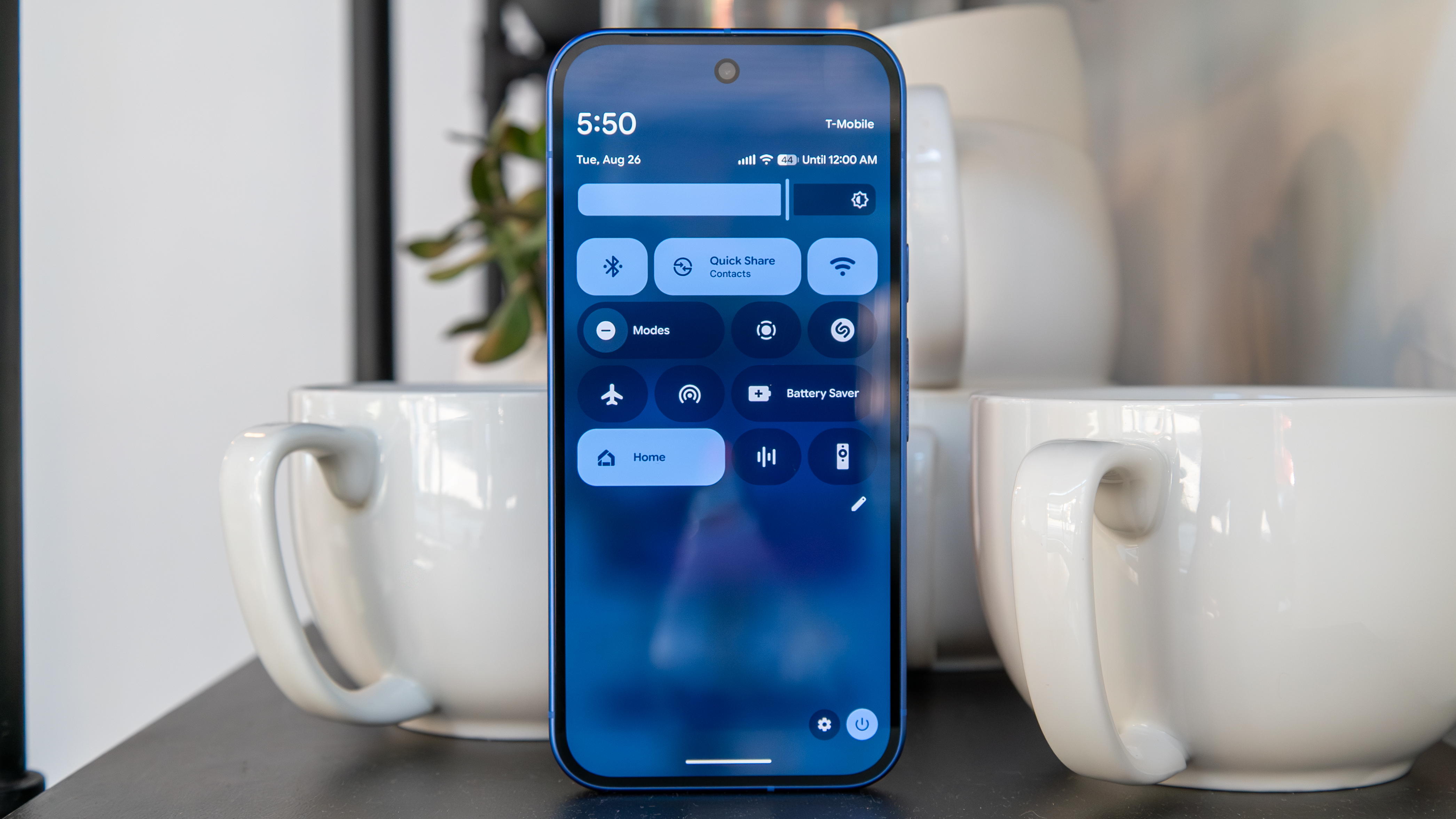Huawei and ZTE are now banned in Canada over cybersecurity concerns
Another country is banning Huawei and ZTE over cybersecurity concerns.

Update (May 20, 9:00 AM ET): Huawei has provided a statement regarding Canada's decision.
What you need to know
- Canada has announced it is banning Huawei over 5G technologies.
- Huawei has been deemed a "high-risk" vendor.
- ZTE is also included in this trade ban over the same concerns.
It's been just about three years since Huawei was officially blacklisted by the U.S. government over concerns about the company's network equipment. This comes following ongoing trade tension between the US and China, and now it seems that Canada is finally deciding to join the party.
In a report from Bloomberg, Canadian Prime Minister, Justin Trudeau, is nearing a final decision that would see our friends to the north also placing a trade ban on Huawei. The fallout would be similar to what Huawei and its users faced back in 2019, albeit without as large of a reaction.
The report continues to state that Canada has "delayed the decision," in an effort to avoid provoking or "stoking tensions" between Canada and China. Relations between these two countries have continued to deteriorate in recent years, as evidenced by the arrest of Huawei's Chief Financial Officer back in 2018. In return, China responded by imprisoning former diplomat Michael Spavor and entrepreneur Michael Kovrig.

Shortly after the report was published, Marco Mendicino, Canadian Minister of Public Safety, and François-Philippe Champagne Minister of Innovation, Science and Economic Development Canada held a press conference confirming the decision. But these officials also have confirmed that ZTE is being included in the trade ban over the same cybersecurity concerns.
The following statement was provided during the press conference:
We are announcing our intention to prohibit the inclusion of Huawei and ZTE products and services in Canada’s telecommunication systems as follows a full review by our security agencies and in consultation with our closest allies.
Get the latest news from Android Central, your trusted companion in the world of Android
Let me be very clear, we will always protect the safety and security of Canadians and we’ll take any actions necessary to safeguard our telecommunication infrastructure.
Telecommunication companies in Canada will not be permitted to include it in their networks, products or services that put our national security at risk. Providers who already have this equipment installed will be required to cease its use, and remove it under the plans we are announcing today.
When questions were posed in regards to why it took Canada three years to make this decision, the following answer was provided by Champagne:
I would say that this has never been a race. This is about making the right decision. This is about providing a framework to protect our infrastructure and I would say in a 5G world in the internet of things at a time where we rely more and more in our daily lives from their network. This is the right decision.
Tensions between the two countries continued to rise until the U.S. stepped in with a "deferred-prosecution deal with Meng." But it now appears that the relationship between Canada and China can no longer be resolved, with Huawei stuck in the middle.
We can expect to see an end result similar to that of what happened here in the U.S. Without drawing too many conclusions, it would be pretty safe to surmise that the sale of 5G-enabled Huawei phones would no longer be permitted.
This would be yet another blow to Huawei which has seen a rapid decline in sales across the globe, including in Canada. Back in 2018, Huawei claimed it saw a sales revenue of around $428 million, which could be considered a high point. At that time, Huawei had only been selling phones in Canada since 2016 and was coming up on the launch of the Huawei P30.
However, a recent Mobile Vendor Market Share report for Canada shows an immediate decline in December 2021. The company's market share went from just above 5% in December, to about 2.03% in April 2022. To give some reference, this report shows that Google has about a 3% market share as of April 2022, following the launch of its popular Pixel 6 and 6 Pro lineup of phones in the fall of 2021. But perhaps even more damning is that Huawei's market share is also below that of LG, who left the smartphone market altogether early in 2021.

With the U.S. trade ban in full effect, Huawei revealed its revenue for the first half of 2021 back in August of last year. The company's overall sales had declined by almost 30% YoY, with the consumer business seeing an almost 50% drop in sales YoY.
Huawei has attempted to persevere through the various trade sanctions, which prevent the company from purchasing 5G chips and related technologies from U.S.-based companies. As has been well-documented, Google also removed the ability for Play Services to be used on Huawei phones. This means that you cannot access, download, or install any apps from the Play Store or other Google services on those devices.
Most recently, Huawei unveiled its latest foldable phone the Mate Xs 2, which features an outer folding design, as opposed to an inner-folding design as seen on something like the Galaxy Z Fold 3. Unlike Samsung, Huawei is unable to use any 5G-enabled processors and instead needs to rely on a special 4G-only version of Qualcomm's Snapdragon 888.
Update
Following yesterday's announcement by the Canadian government, Huawei Canada has now provided the following statement.
Huawei Canada is disappointed by the Canadian government's decision. This is an unfortunate political decision that has nothing to do with cyber security or any of the technologies in question.
Over the past 13 years, Huawei Canada has devoted itself to helping Canadian carriers build out their wireless networks and provide quality services for the Canadian people. Huawei equipment, including both hardware and software, has been routinely and closely scrutinized by the government and its security agencies according to stringent quality standards. There have been zero security incidents caused by Huawei equipment throughout this entire period. We are proud of our security record in Canada.
Banning Huawei's equipment and services will lead to significant economic loss in Canada and drive up the cost of communications for Canadian consumers. Unfortunately, this decision is beyond our control as a business. However, we will do everything in our capacity to protect the legitimate rights and interests of our customers, partners, and ourselves. We thank all of our Canadian partners, customers, and consumers for their ongoing support, and look forward to contributing to future network rollout in Canada when conditions permit.

Andrew Myrick is a Senior Editor at Android Central. He enjoys everything to do with technology, including tablets, smartphones, and everything in between. Perhaps his favorite past-time is collecting different headphones, even if they all end up in the same drawer.
